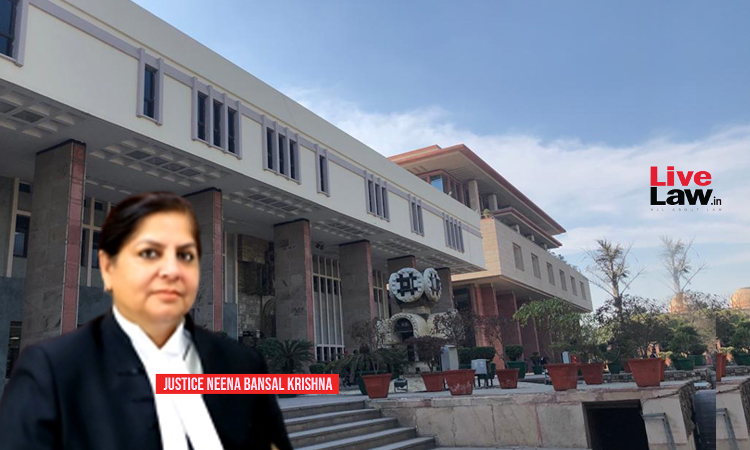The Delhi High Court has ruled that the right to privacy is essentially a right in personam and therefore is not inheritable by the mothers or legal heirs of the deceased persons.Justice Neena Bansal Krishna made the observation while refusing to grant interim relief in a suit filed against Bollywood Filmmaker Hansal Mehta and others for restraining the release of their film 'Faraaz'.The movie...

